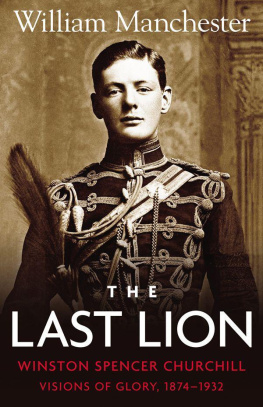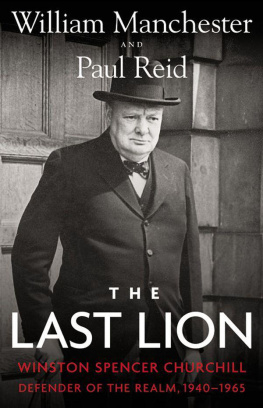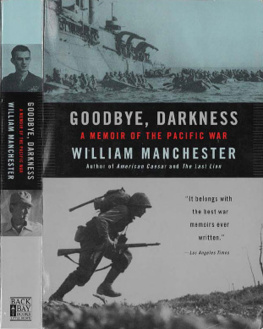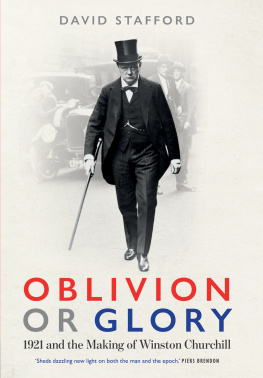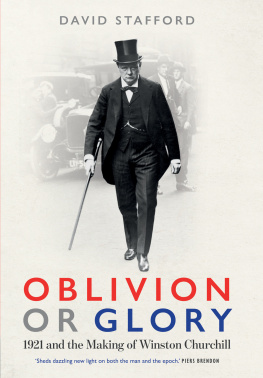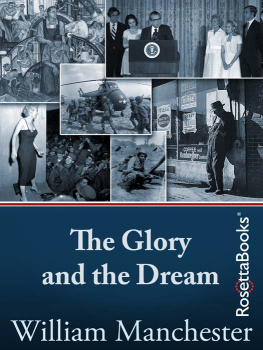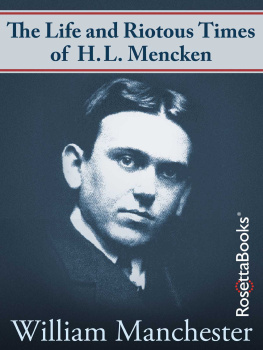
In accordance with the U.S. Copyright Act of 1976, the scanning, uploading, and electronic sharing of any part of this book without the permission of the publisher constitute unlawful piracy and theft of the authors intellectual property. If you would like to use material from the book (other than for review purposes), prior written permission must be obtained by contacting the publisher at permissions@hbgusa.com. Thank you for your support of the authors rights.
To
MARY
and
CHARTWELL
The credit belongs to the man who is actually in the arena, whose face is marred by dust and sweat and blood, who knows the great enthusiasms, the great devotions, and spends himself in a worthy cause; who at best, if he wins, knows the thrills of high achievement, and, if he fails, at least fails daring greatly, so that his place shall never be with those cold and timid souls who know neither victory nor defeat.
J OHN F. K ENNEDY on Theodore Roosevelt New York City, December 5, 1961
Lieutenant Winston S. Churchill, Subaltern of Horse, Fourth Hussars, 1896
| 1874 | WSC born November 30 at Blenheim |
| 1886 | His father becomes chancellor of the Exchequer |
| His mother is now a great Victorian courtesan |
| 1888 | WSC enters Harrow; gets lowest marks in school |
| 1893 | Admitted to Sandhurst on third try |
| 1894 | Commissioned cavalry subaltern, Fourth Hussars |
| 1895 | His father dies |
| WSC covers the guerrilla warfare in Cuba |
| 1896 | Educates himself in India; discovers Macaulay and Gibbon |
| Writes first book |
| 1897 | Sees heavy fighting in Khyber Pass |
| 1898 | Omdurman: WSC in the last cavalry charge |
| 1899 | WSC runs for Parliament; loses |
| Captured in the Boer War |
| His sensational escape |
| 1900 | Recommended for VC |
| Elected to Parliament |
| Tours United States, Canada |
| 1901 | Queen Victoria dies |
| WSCs maiden speech |
| 1904 | Quits Tories for Liberals |
| 1905 | Becomes colonial under secretary |
| 1907 | Tours East Africa |
| 1908 | Promoted to cabinet |
| Marries Clementine Hozier |
| His alliance with Lloyd George |
| They declare war on House of Lords |
| 1910 | WSC becomes home secretary |
| His welfare-state programs |
| 1911 | Battle of Sidney Street |
| WSC becomes first lord of the Admiralty |
| Father of the tank |
| 191214 | Irish Home Rule crisis |
| 1913 | WSC learns to fly, founds Royal Naval Flying Corps |
| 1914 | Outbreak of the Great War |
| WSC commands defense of Antwerp |
| 1915 | The Dardanelles tragedy |
| WSC dismissed from the Admiralty |
| Learns to paint |
| Commissioned and sent to the front |
| 1916 | As a lieutenant colonel, leads a battalion in trenches |
| 1917 | Cleared by the Dardanelles Commission |
| Rejoins cabinet |
| His tanks in action on the western front |
| 1918 | WSC in the trenches again |
| Germany surrenders |
| 1919 | WSC becomes secretary for war and air |
| Chief supporter of Russian anti-Bolsheviks |
| 1920 | Black and Tans in Ireland |
| 1921 | WSC becomes colonial secretary |
| Lawrence of Arabia his adviser |
| Founds Jordan, Iraq |
| Supports Jewish homeland |
| The Chanak crisis |
| WSC founds Irish Free State |
| Death of Marigold Churchill |
| 1922 | WSC buys Chartwell |
| 192224 | Loses three elections |
| Turns Tory, wins |
| Becomes chancellor of the Exchequer |
| 1924 | Warns of danger in Germany |
| 1925 | Returns Britain to the gold standard |
| 1926 | General strike |
| WSC publishes British Gazette |
| 1929 | Tours United States |
| Loses fortune in Wall Street |
| 1931 | Quits Tory leadership over India |
| Manhattan auto accident |
| WSC sounds alarm over Nazis |
| 1932 | Enters the political wilderness |

T HE French had collapsed. The Dutch had been overwhelmed. The Belgians had surrendered. The British army, trapped, fought free and fell back toward the Channel ports, converging on a fishing town whose name was then spelled Dunkerque.
Behind them lay the sea.
It was Englands greatest crisis since the Norman conquest, vaster than those precipitated by Philip IIs Spanish Armada, Louis XIVs triumphant armies, or Napoleons invasion barges massed at Boulogne. This time Britain stood alone. If the Germans crossed the Channel and established uncontested beachheads, all would be lost, for it is a peculiarity of Englands island that its southern weald is indefensible against disciplined troops. In A.D . 61, Queen Boudicca of the Iceni rallied the tribes of East Anglia and routed the Romans at Colchester, Saint Albans, and London (then Londinium), cutting the Ninth Legion to pieces and killing seventy thousand. But because the nature of the southern terrain was unsuitable for the construction of strongpoints, new legions under Paulinus, arriving from Gaul, crushed the revolt, leaving the grief-stricken queen to die by her own hand.
Now the 220,000 Tommies at Dunkirk, Britains only hope, seemed doomed. On the Flanders beaches they stood around in angular, existential attitudes, like dim purgatorial souls awaiting disposition. There appeared to be no way to bring more than a handful of them home. The Royal Navys vessels were inadequate. King George VI has been told that they would be lucky to save 17,000. The House of Commons was warned to prepare for hard and heavy tidings. Then, from the streams and estuaries of Kent and Dover, a strange fleet appeared: trawlers and tugs, scows and fishing sloops, lifeboats and pleasure craft, smacks and coasters; the island ferry Gracie Fields; Tom Sopwiths Americas Cup challenger Endeavour; even the London fire brigades fire-float Massey Shawall of them manned by civilian volunteers: English fathers, sailing to rescue Englands exhausted, bleeding sons.
Even today what followed seems miraculous. Not only were Britains soldiers delivered; so were French support troops: a total of 338,682 men. But wars are not won by fleeing from the enemy. And British morale was still unequal to the imminent challenge. These were the same people who, less than a year earlier, had rejoiced in the fake peace bought by the betrayal of Czechoslovakia at Munich. Most of their leaders and most of the press remained craven. It had been over a thousand years since Alfred the Great had made himself and his countrymen one and sent them into battle transformed. Now in this new exigency, confronted by the mightiest conqueror Europe had ever known, England looked for another Alfred, a figure cast in a mold which, by the time of the Dunkirk deliverance, seemed to have been forever lost.
Next page
